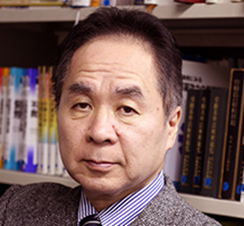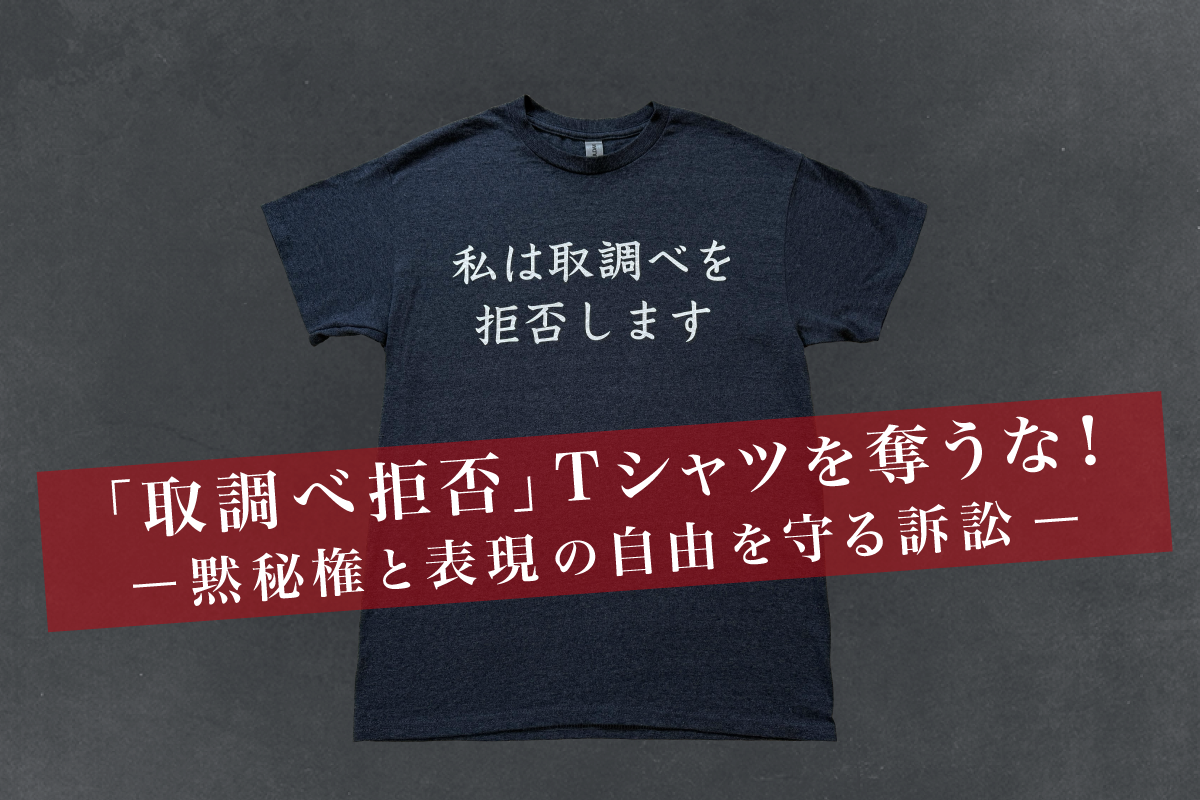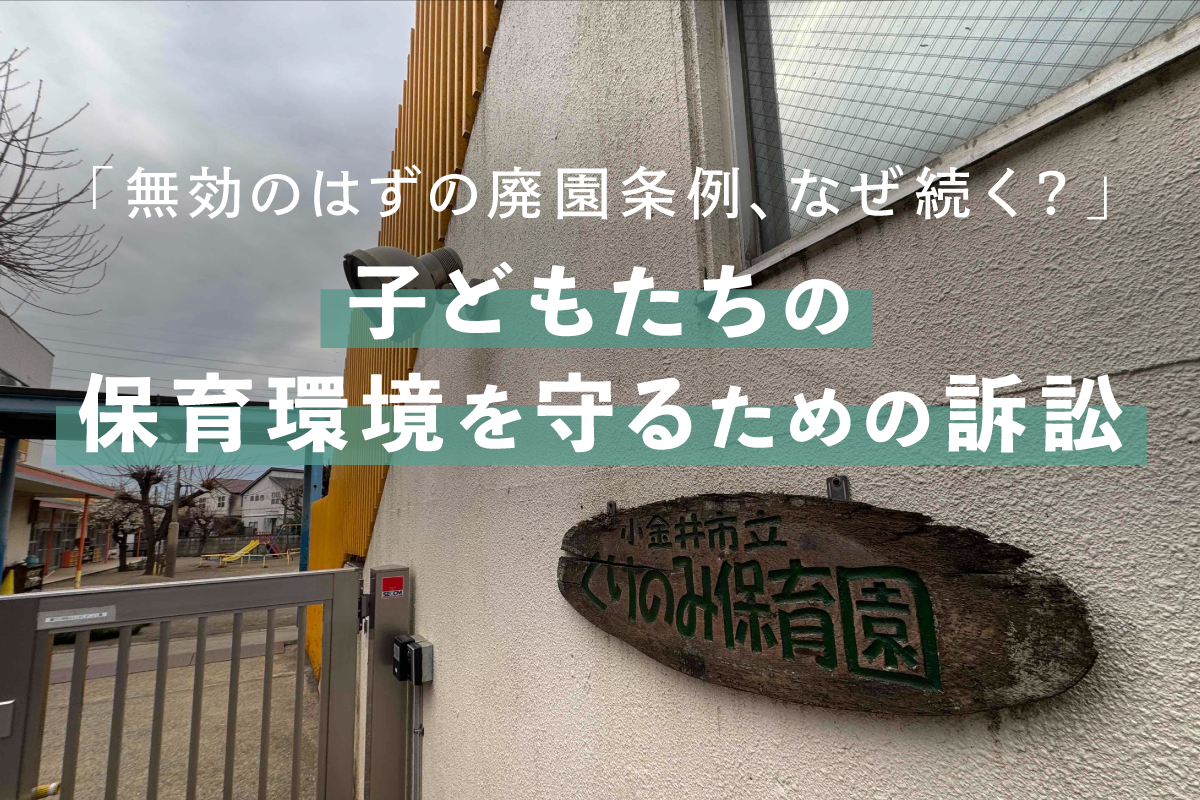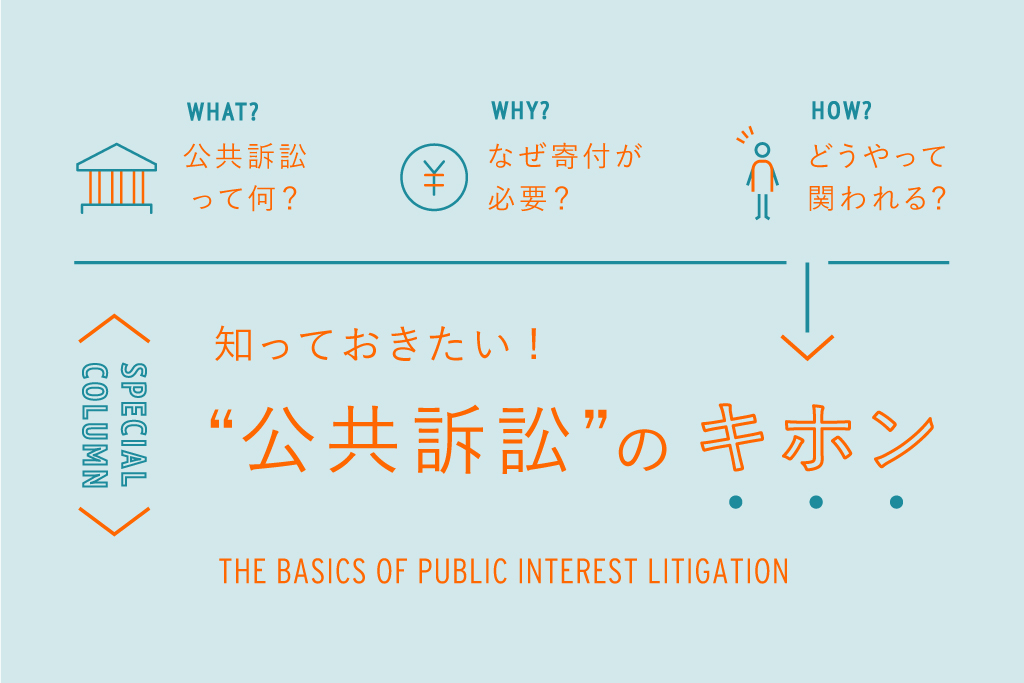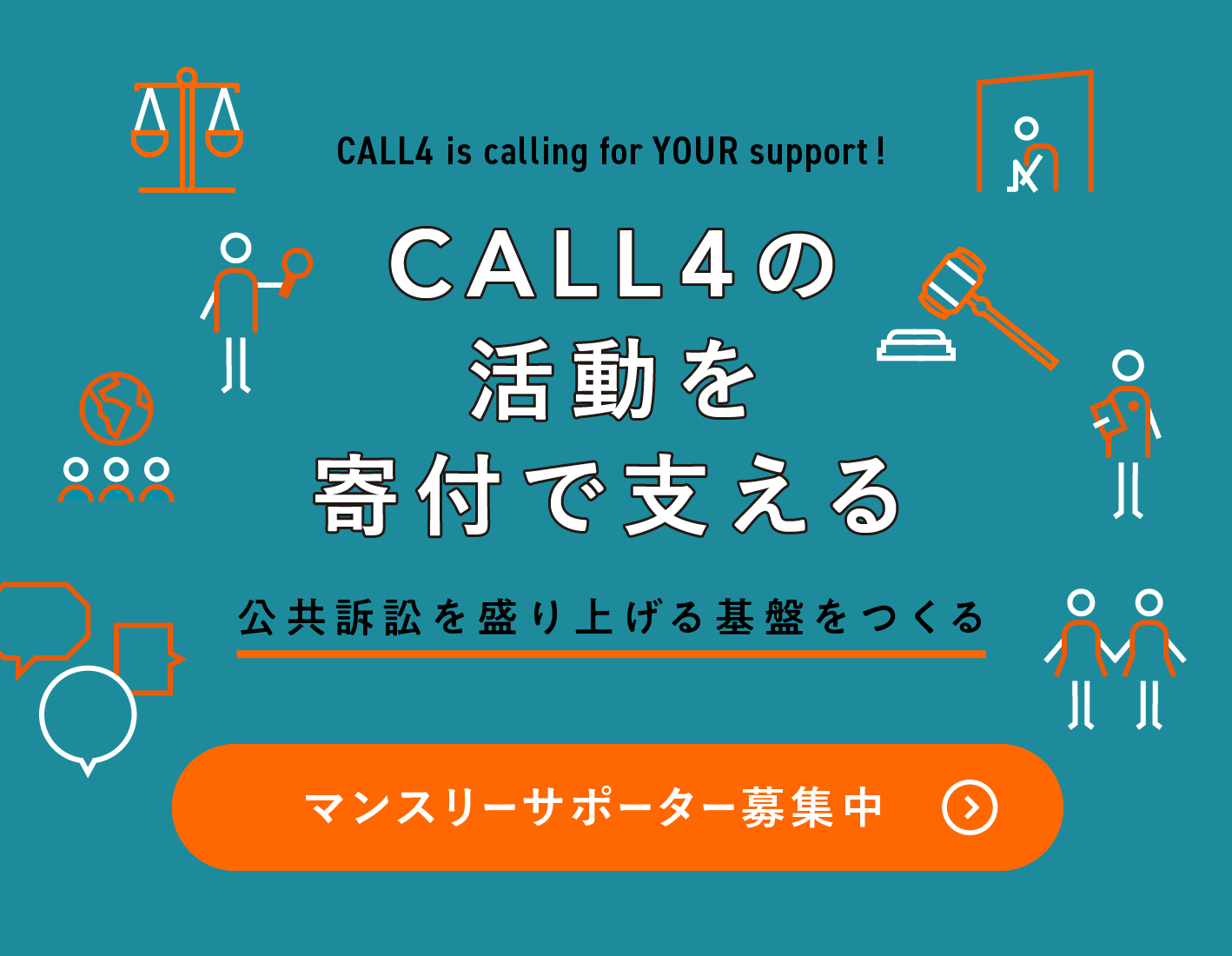地域による報酬格差は違憲!裁判官の独立と良心を守る訴訟 Regional wage disparities are unconstitutional! Lawsuit to protect judges' independence and conscience
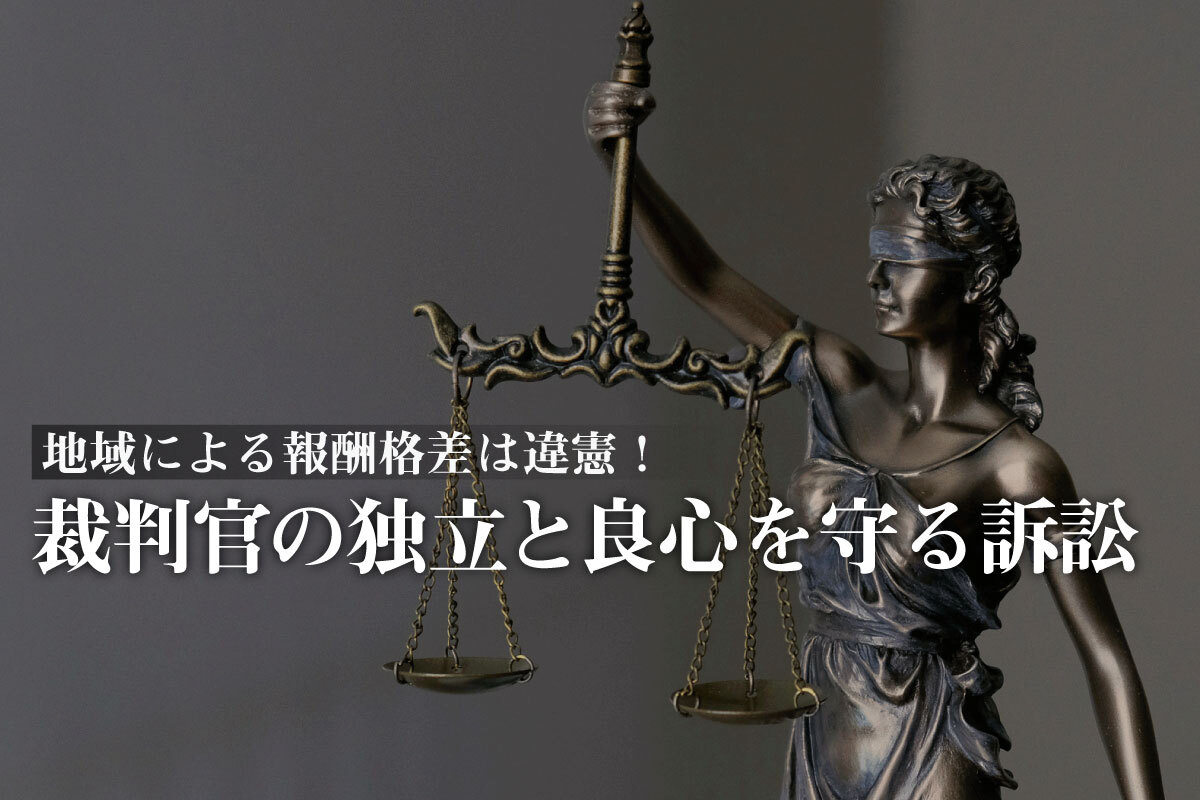
原告である竹内浩史裁判官は、名古屋から津に転勤したことで「地域手当」が減らされ、報酬が大幅に減額されました。憲法80条2項が、裁判官が良心に従い独立して裁判を行うことができるように裁判官の報酬の減額を禁止しているにもかかわらず、地域間格差が大きく実質的に裁判官の減給を可能にする「地域手当」が存在することは許されるのでしょうか。「地域手当」の違憲性を問い、裁判官の良心を守るための訴訟です。 Judge Takeuchi Hiroshi (Tsu District Court), who became a judge in 2003 after being a lawyer, had his “regional allowance” reduced when he was transferred from Osaka and Nagoya to Tsu, and his remuneration (monthly salary and bonus) was reduced despite Article 80, paragraph 2 of the Constitution (compensation… shall not be decreased during their terms of office.). This is an unprecedented lawsuit in which a judge is the plaintiff, questioning the nature of “regional allowances” for national and local government employees.
はじめに
勤務先の都合で転勤を命じられる、日本では、よくある光景かもしれません。しかし、転勤に伴って、給与が大幅に減額されてしまうとしたら、どうでしょうか。
この裁判は、そんな転勤を命じられた現職の裁判官が自ら原告となって国を訴える裁判です。
憲法80条2項は、裁判官の身分を保障するため、「下級裁判所の裁判官は、すべて定期に相当額の報酬を受ける。この報酬は、在任中、これを減額することができない。」と規定しています。ところが、裁判官である原告の竹内浩史さんの報酬は、名古屋高等裁判所から津地方裁判所への転勤にともない、3年間で合計200万円以上も減額されました。
「地域手当」を理由とする報酬の減額は、憲法に違反するのではないでしょうか。
事案の概要
竹内さんは、1987年に弁護士になり、公害事件、労働事件、市民オンブズマンの事件等で原告の代理人として活躍した後、2003年に裁判官となりました。
裁判官は2、3年ごとに転勤を命じられることが一般的です。竹内さんもいくつかの裁判所で数年ごとに勤務していました。2021年には、愛知県の名古屋高等裁判所から三重県の津地方裁判所に転勤することになりましたが、転勤により、津での勤務を始めてからの3年間の合計で約240万円も報酬が減額されることになりました。
減額の理由は公務員の「地域手当」です。基本給に地域手当を乗じた額が報酬となるのですが、その手当の地域ごとの格差は最大で20%と非常に大きく、手当の格差によって報酬が大幅に増減されてしまうのです。
竹内さんの場合も、名古屋での地域手当は基本給の15%でしたが、津では6%であるため、異動によって基本給の一割に相当する額が、減給されました。
憲法76条3項は「すべて裁判官は、その良心に従ひ独立してその職権を行ひ、この憲法及び法律にのみ拘束される。」と規定しています。ここで示されている「裁判官の独立」とは、裁判官が他の裁判官や裁判所の影響も受けずに、自らの良心に従って、裁判を行うことを含みます。
そして、裁判官の独立を実効的なものにするために、裁判官の身分は憲法で保障されており、特に憲法80条2項は経済的な側面から裁判官の身分を保障するため、報酬の減額を禁止しています。
憲法80条2項
下級裁判所の裁判官は、すべて定期に相当額の報酬を受ける。この報酬は、在任中、これを減額することができない。
しかし、地域手当の格差を利用して、人事権を持つ最高裁判所が気に入らない裁判官を転勤させることで、その報酬を減額することが事実上可能だとすれば、この条文は無意味なものとなってしまいます。
そこで、この裁判では、裁判官の減給を可能にする地域手当が違憲であることを主張します。
また、地域手当は、地域の物価の違いを考慮して決められていますが物価の違いが合理的に評価されているのかには疑問があります。例えば、おなじ埼玉県でも川口市や川越市の地域手当は基本給の6%であるのに対し、和光市では16%です。同じ県のなかで、報酬を1割も増減しなければならないほどの物価の違いがあるとは考えられません。
この裁判では、このように地域手当の地域間格差が合理性をもたないことも主張します。
| 級 | 割合 | 主な地域 |
| 1級地 | 20% | 東京都特別区 |
| 2級地 | 16% | 大阪市/横浜市/和光市 |
| 3級地 | 15% | さいたま市/名古屋市 |
| 4級地 | 12% | 神戸市 |
| 5級地 | 10% | 京都市/広島市/福岡市 |
| 6級地 | 6% | 仙台市/津市/高松市/川越市 |
| 7級地 | 3% | 札幌市/金沢市 |
| 級なし | 0% | 山口市 |
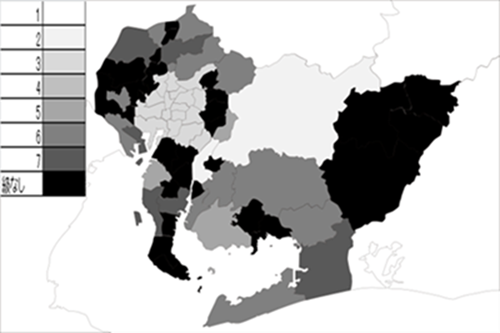
▲愛知県での地域手当の等級
本訴訟の争点
1. 裁判官に対する地域手当の適用による減額の違憲・違法性
- 地域手当は憲法80条2項が減額を禁止している裁判官の「報酬」に含まれるから、裁判官の報酬を転勤により減額することは違憲ではないか。
2. 国家公務員の地域手当の違憲・違法性
- 地域手当により、給与額に差が生じることは、勤務地による不合理な差別として憲法14条1項の平等原則違反ではないか。
- 現行の人事院規則による地域手当の支給地及び支給率の設定は不合理で違法ではないか。
社会的意義
最高裁判所が、転勤を利用することによって裁判官の報酬を大幅に減額できるとしたら、裁判官は、転勤によって給与を減らされないように、人事権を持つ最高裁判所の顔色を見て、国や最高裁判所に忖度した職務を行うようになるかもしれません。
裁判官が、最高裁判所や国の意向ばかりを気にするようになってしまえば、憲法に保障された裁判官の良心、司法の独立が守られずに、国民は良心に従った裁判を受けることはできなくなってしまいます。
そのため、この裁判では、地域手当の不合理性と違憲性を主張することにより、裁判官の独立と司法制度の在り方を問うことにしました。
また、これまであまり知られていなかった地域手当の地域間格差についても、争点とします。
地域手当は、国家公務員だけでなく、地方公務員の給与にも採用され、公務員以外の方の給与額の参考にもされるため、多くの国民の生活に直接かかわるものです。実際に、地域手当の低い地域では保育士や看護師が不足しているとして、多くの知事や首長が改善を求めている状況があります。
地域手当は10年に1度人事院で見直され、2024年夏が見直しの年にあたります。この訴訟で、地域手当の理不尽さが注目され、抜本的な改革がなされることを望みます。
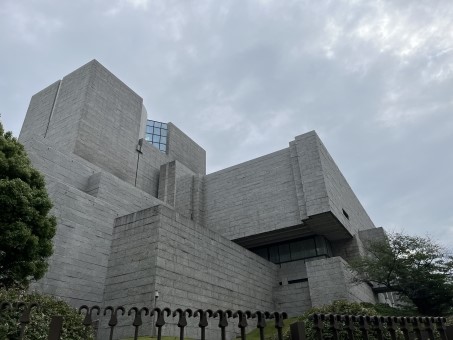
▲最高裁判所
資金の使途
訴訟関係実費:通信費、交通費、最も大きいのがコピー代
情報公開請求代
研究者に依頼する意見書作成費用等
横断幕作成、記者会見、裁判報告集会会場関係費用等
弁護士費用:特に時間労力を使う若手弁護士への報酬
※原告本人にも通常かかる費用は既に出してもらっています。
まずはファーストゴールとして100万円を目標にします。より多くのご寄付をいただけた場合には、その時点で足りない実費、弁護士の日当に充てたいと考えています。
原告の思い
原告 竹内 浩史さん
私は名古屋で弁護士を16年した後、裁判官になって現在22年目で、津地方裁判所本庁でただ一人の民事部の裁判長を4年間務めています。
母校(愛知県立時習館高校)での講演等をまとめたものを、「『裁判官の良心』とはなにか」(LABO刊)として出版しました。その本の中でも触れたのですが、裁判官は在任中減俸されないと憲法で保障されているにもかかわらず、都会から地方に赴任すると減俸されます。他の国家公務員と同様、勤務地の市区町村によって、本給の最大20%もの地域手当による差別があるからです。
これは国家公務員だけの問題ではありません。地方公務員にも同様の地域手当が設けられており、低率の市町村の看護師・保育士等の求人困難の原因となっています。さらに地域の民間企業の賃金にも多大な影響を及ぼし、全国一律最低賃金の実現を妨げています。
私は、地域手当等の差別により減俸された現職裁判官として国を相手に憲法訴訟を提起し、不合理な地域手当と差別的人事の撤廃を目指します。
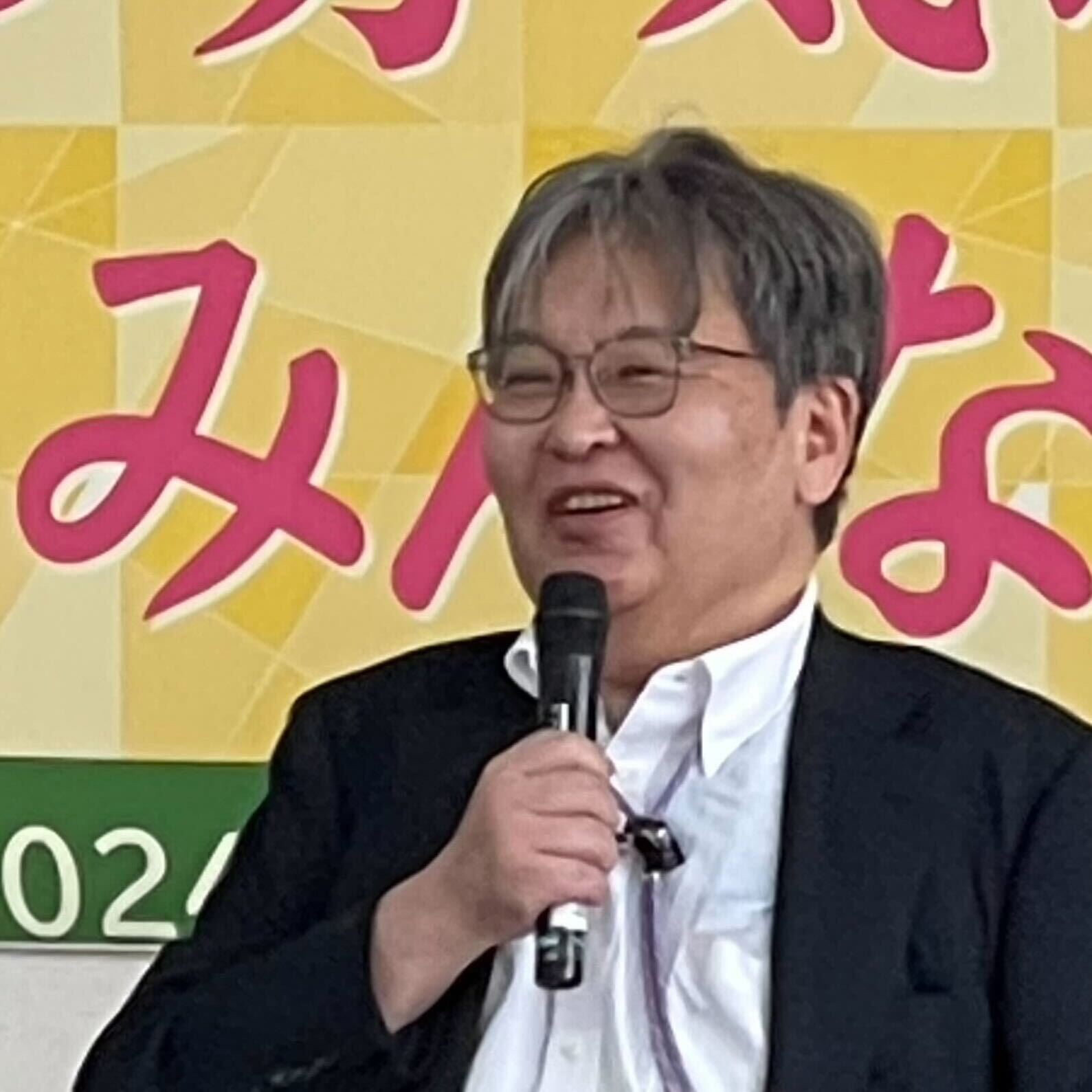
弁護団について
弁護団長に、過労死・過労自殺訴訟の第一人者である水野幹男弁護士が就任しました。また、名古屋市民オンブズマン時代に行政訴訟を共に闘ってきた新海聡弁護士や、多数の憲法訴訟で著名な中谷雄二弁護士、そのほか司法の独立を願うベテランから若手まで多数の弁護士も代理人に就任しました。さらに、「日本裁判官ネットワーク」元メンバーの元裁判官である仲戸川隆人弁護士も代理人です。40名以上の弁護士が代理人となっています。
弁護団からのメッセージ
竹内さんは、2024年4月16日に行った記者会見で、地域手当の減額を理由とする報酬の減額は憲法80条2項に反するとし、現役裁判官として国に対して約240万円の支払を求める訴訟を起こすことを明らかにしました。
この「提訴予告」がマスコミによって大きく報道されると、竹内さんと同じ国家公務員の立場から「地域手当」を問題視する裁判官や国立大学教員、自衛官などだけでなく、国の「地域手当」に準拠している地方公務員などからも賛同の声が上がりました。
そして、竹内さんの勇気ある行動を知った弁護士時代の仲間達や、「裁判官の良心」に沿った竹内さんの裁判を見てきた人達が多数応援に集まり、7月2日に提訴をすることになりました。「地域手当の格差をなくし裁判官の良心を取り戻す」訴訟と名付けられ、社会的意義に賛同し集まった弁護団も40名を超えました。
地域手当の格差を明らかにする中で、良心的な裁判官が差別されている実態を浮き彫りにして、国民の皆さんに司法の独立の重要性を知って頂き、真の司法の独立を目指したいと考えています。
寄付のお願い
竹内さんは、数少ない弁護士からの任官者として、誠実に20年以上裁判官として「良心」に従って仕事をしてきました。しかしながら、地方転勤での減給を受け、今回自分のためでなく「地域手当の格差をなくし裁判官の良心を取り戻す」ために思い切って提訴をしました。
現職の裁判官が憲法80条2項を正面から問う裁判は前代未聞です。最高裁まで争うことになると思います。「良心的裁判官」を支え「司法の独立」を取り戻すため、ぜひご協力をお願い致します。
*Translated by google translate
Introduction
In Japan, it may be common for employees to be ordered to transfer to another location due to their employer's circumstances. However, what if the transfer meant a significant reduction in salary?
In this case, a sitting judge who was ordered to transfer is suing the government as a plaintiff.
Article 80, paragraph 2 of the Constitution stipulates that, in order to guarantee the status of judges, "All judges of lower courts shall receive appropriate remuneration at regular intervals. This remuneration may not be reduced during their term of office." However, the remuneration of the plaintiff, Judge Takeuchi Hiroshi, was reduced by a total of more than 2 million yen over a three-year period following his transfer from the Nagoya High Court to the Tsu District Court.
Isn't it unconstitutional to reduce salary on the grounds of a "regional allowance"?
Overview of the case
Mr. Takeuchi became a lawyer in 1987, and after representing plaintiffs in pollution cases, labor cases, and Citizen Ombudsman cases, he became a judge in 2003.
It is common for judges to be ordered to transfer every two or three years. Takeuchi also worked at several courts every few years. In 2021, he was transferred from the Nagoya High Court in Aichi Prefecture to the Tsu District Court in Mie Prefecture, but due to the transfer, his salary will be reduced by about 2.4 million yen in total for the three years since he started working in Tsu.
The reason for the reduction is the "regional allowance" for civil servants. The amount of remuneration is the base salary multiplied by the regional allowance, but the regional disparity in the amount of the allowance is very large, up to 20%, and the disparity in the allowance can significantly increase or decrease remuneration.
In Takeuchi's case, the regional allowance in Nagoya was 15% of his basic salary, but in Tsu it was 6%, so his transfer meant that he was reduced by 10% of his basic salary.
Article 76, paragraph 3 of the Constitution stipulates that "All judges shall be independent in the exercise of their conscience and shall be bound only by this Constitution and the law." The "independence of judges" referred to here includes judges conducting trials according to their own conscience, without being influenced by other judges or courts.
In order to ensure the independence of judges, their status is guaranteed by the Constitution, and in particular, Article 80, paragraph 2 of the Constitution prohibits any reduction in their remuneration in order to guarantee their status from an economic perspective.
Article 80, paragraph 2 of the Constitution : All judges of inferior courts shall receive at regular intervals appropriate remuneration which may not be reduced during their term of office.
However, if the Supreme Court, which has personnel decisions, were to take advantage of disparities in regional allowances and effectively reduce the salaries of judges it dislikes by transferring them, this provision would be meaningless.
Therefore, in this lawsuit, we argue that local allowances, which allow judges to have their salaries cut, are unconstitutional.
In addition, the regional allowance is determined taking into account the difference in prices in each region, but it is questionable whether the difference in prices is evaluated rationally. For example, even within Saitama Prefecture, the regional allowance in Kawaguchi City and Kawagoe City is 6% of the base salary, while in Wako City it is 16%. It is hard to imagine that there would be a difference in prices in the same prefecture that would require a 10% increase or decrease in salary.
In this lawsuit, it is also argued that such regional disparities in regional allowances are unreasonable.
| Grade | ratio | Main Areas |
| First-class land | 20% | Tokyo Special Wards |
| Second class | 16% | Osaka City/Yokohama City/Wako City |
| Third class | 15% | Saitama City/Nagoya City |
| 4th grade | 12% | Kobe City |
| 5th grade | Ten% | Kyoto City/Hiroshima City/Fukuoka City |
| 6th grade | 6% | Sendai City/Tsu City/Takamatsu City/Kawagoe City |
| 7th grade | 3% | Sapporo City/Kanazawa City |
| No grade | 0% | Yamaguchi City |

▲Aichi Prefecture regional allowance grades
The issues in this lawsuit
1. The unconstitutionality and illegality of the reduction in salary due to the application of regional allowances to judges
- Since regional allowances are included in a judge's "remuneration," which is prohibited from being reduced by Article 80, paragraph 2 of the Constitution, isn't it unconstitutional to reduce a judge's remuneration due to a transfer?
2. Regional allowances for national government officials are unconstitutional and illegal
- Differences in salary due to regional allowances constitute unreasonable discrimination based on place of work and thus violate the principle of equality under Article 14, Paragraph 1 of the Constitution.
- Aren't the current National Personnel Authority regulations setting the payment locations and payment rates of regional allowances unreasonable and illegal?
Social significance
If the Supreme Court were able to significantly reduce judges' salaries by using transfers, judges might begin to look to the Supreme Court, which has personnel authority, and perform their duties in a way that is in keeping with the nation and the Supreme Court, in order to avoid having their salaries reduced through transfers.
If judges become concerned only with the wishes of the Supreme Court and the country, the conscience of judges and the independence of the judiciary guaranteed by the Constitution will not be upheld, and the people will no longer be able to receive a trial in accordance with their conscience.
Therefore, in this trial, we decided to question the independence of judges and the structure of the judicial system by arguing that regional allowances are irrational and unconstitutional.
Another issue that will be addressed is the regional disparities in regional allowances, which has not been well known until now.
The regional allowance is used in the salaries of not only national civil servants but also local civil servants, and is also used as a reference for the salaries of non-civil servants, so it directly affects the lives of many citizens. In fact, many governors and mayors are calling for improvements in areas with low regional allowances, citing a shortage of childcare workers and nurses.
The regional allowance is reviewed by the National Personnel Authority once every 10 years, with the review coming in the summer of 2024. We hope that this lawsuit will draw attention to the unreasonableness of the regional allowance and lead to fundamental reform.

▲Supreme Court
Use of funds
Actual costs related to litigation : communication costs, transportation costs, and the largest cost is copying costs
Information disclosure request fee
Costs for requesting researchers to write a letter of opinion, etc.
Banner production, press conference, trial report meeting venue-related expenses, etc.
Attorney's fees : Fees paid to young lawyers who put in a lot of time and effort. *The plaintiff himself has already paid the usual fees.
Our first goal is to reach 1 million yen. If we receive more than this amount, we would like to use it to cover the actual expenses that are still insufficient at that point, including the daily allowances of our lawyers.
Plaintiff’s thoughts
Plaintiff Hiroshi Takeuchi
I worked as a lawyer in Nagoya for 16 years, and am now in my 22nd year as a judge, having served as the only presiding judge of the civil division at the Tsu District Court main office for the past four years.
I published a book called "What is a Judge's Conscience?" (published by LABO) that summarized the lectures I gave at my alma mater (Aichi Prefectural Jishukan High School). As I mentioned in the book, even though the Constitution guarantees that judges will not have their salaries reduced while in office, judges do have their salaries reduced when they are transferred from urban areas to rural areas. This is because, like other national civil servants, judges face discrimination in the form of regional allowances of up to 20% of their base salary depending on the city, town, or village where they work.
This is not just an issue for national government employees. Local government employees are also subject to similar regional allowances, which makes it difficult for municipalities with low regional allowances to recruit nurses, childcare workers, etc. Furthermore, it has a significant impact on wages at local private companies, preventing the realization of a uniform national minimum wage.
As a sitting judge who has had his salary reduced due to discrimination in regional allowances and other areas, I will file a constitutional lawsuit against the government, aiming to abolish unreasonable regional allowances and discriminatory personnel practices.

About the legal team
Attorney Mikio Mizuno, a leading expert in lawsuits related to death and suicide from overwork, has been appointed as head of the defense team. In addition, attorney Satoshi Shinkai, who fought administrative lawsuits together with us during our time as Nagoya Citizens' Ombudsman, attorney Yuji Nakatani, who is well-known for many constitutional lawsuits, and many other lawyers, from veterans to young people, who wish for the independence of the judiciary, have also been appointed as representatives. In addition, attorney Takato Nakadogawa, a former judge and former member of the "Japan Judges Network," is also a representative. More than 40 lawyers are representing us.
Message from the legal team
At a press conference held on April 16, 2024, Takeuchi stated that the reduction in his salary due to the reduction in his regional allowance violates Article 80, Paragraph 2 of the Constitution, and revealed that as an active judge, he would file a lawsuit against the government seeking payment of approximately 2.4 million yen.
When this "notice of lawsuit" was widely reported in the media, voices of support came from not only judges, national university professors, and Self-Defense Force members who, like Takeuchi, are national civil servants and have concerns about the "regional allowance," but also local civil servants who comply with the national "regional allowance."
Many of Takeuchi's former colleagues from his days as a lawyer, who learned of his courageous actions, and those who had seen Takeuchi's trial run in line with the "conscience of judges," came together to support him, and the lawsuit was filed on July 2nd. The lawsuit was named "Eliminating disparities in regional allowances and restoring the conscience of judges," and a team of more than 40 lawyers came together in support of its social significance.
By revealing the disparities in regional allowances, I hope to highlight the reality of discrimination against conscientious judges, raise awareness among the public of the importance of judicial independence, and work toward true judicial independence.
Call for Donation
As one of the few former lawyers who has been appointed to the public service, Takeuchi has worked sincerely and according to his conscience as a judge for over 20 years. However, after receiving a pay cut when he was transferred to a local area, he decided to file a lawsuit not for his own sake but to "eliminate the disparity in regional allowances and restore the conscience of judges."
It is unprecedented for a sitting judge to directly question Article 80, paragraph 2 of the Constitution. I think the case will go all the way to the Supreme Court. Please cooperate with us to support "conscientious judges" and restore "judicial independence."
あなたにおすすめのケース Recommended case for you
- 外国にルーツを持つ人々 Immigrants/Refugees/Foreign residents in Japan
- ジェンダー・セクシュアリティ Gender/Sexuality
- 医療・福祉・障がい Healthcare/Welfare/Disability
- 働き方 Labor Rights
- 刑事司法 Criminal Justice
- 公正な手続 Procedural Justice
- 情報公開 Information Disclosure
- 政治参加・表現の自由 Democracy/Freedom of Expression
- 環境・災害 Environment/Natural Disasters
- 沖縄 Okinawa
- 個人情報・プライバシー Personal information/Privacy
- アーカイブ Archive
- 全てのケース ALL
